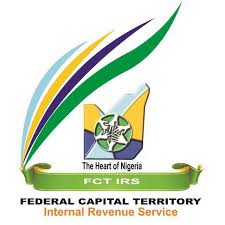


FG unveils key players in $10bn Nigeria global investment fund
By Esther Agbo
Taking a step toward diversifying Nigeria’s economy, the Federal Government has appointed 23 fund managers to steer the $10 billion Nigeria Global Investment Fund (NGIF), a cornerstone initiative aimed at transforming critical sectors across the nation.
This initiative, part of the broader economic strategy to reduce Nigeria’s dependency on oil, is designed to channel both international and local investments into sectors such as agriculture, manufacturing, energy, and technology. The NGIF, under the auspices of the Federal Ministry of Industry, Trade, and Investment, is expected to play a pivotal role in revamping the nation’s industrial landscape.
The selection of the 23 fund managers followed a stringent process led by the Securities Exchange Commission (SEC), which vetted 55 applicants based on their track records in managing large-scale public-sector funds, financial resilience, and adherence to Environmental, Social, and Governance (ESG) principles. Among the selected are leading financial institutions such as AFC, Coronation Asset Management, AIICO Capital, FBNQuest Asset Management and Stanbic IBTC, each set to manage distinct sub-funds within the NGIF framework.
The NGIF is structured to include 14 distinct sub-funds and 49 individual funds, each dedicated to a specific sector critical to Nigeria’s growth. These sectors range from Automotive and Agriculture to Infrastructure and Technology, with each sub-fund tasked with raising an average of $500 million. The ultimate goal is to amass $10 billion in the first phase, providing a substantial boost to the targeted industries.
Moreover, the government has secured robust support from international financial institutions, including a $3 billion country risk guarantee from the African Export-Import Bank (Afreximbank), alongside an additional $2 billion earmarked for direct investments. This backing is intended to mitigate risks and ensure the fund’s investments are effectively deployed to maximise economic impact.
The NGIF is not just a financial mechanism; it is a strategic tool in Nigeria’s quest to bridge its significant infrastructure gap, estimated to require over $14 billion in annual investments over the next decade. By attracting private capital and strategically deploying funds across key sectors, the NGIF aims to catalyse economic transformation and job creation on a massive scale.
This fund is also a critical component of the government’s ambitious agenda to build a $1 trillion economy within the next ten years, aligning with the nation’s Renewed Hope Agenda.



